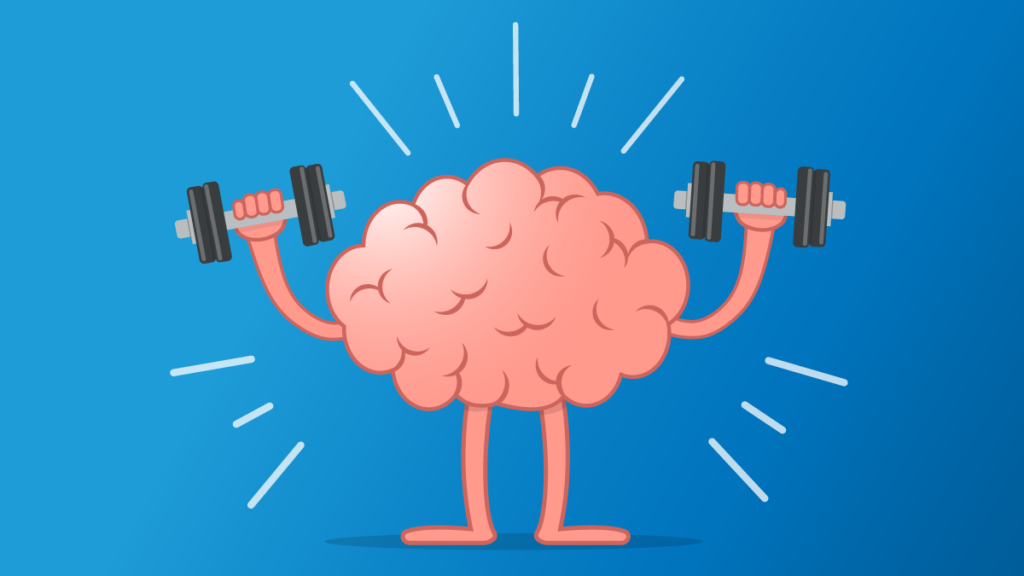Summary
Mental health is important for everyone, as it affects not only your mood, thoughts, and behavior, but also your physical health, relationships, and quality of life. In this article, we will discuss four keys on how to have good mental health.
Mental health is the state of well-being in which one can cope with the normal stresses of life, work productively, and realize one’s potential.
However, your mental health is not a given, and can be affected by various factors, such as genetics, environment, trauma, stress, and lifestyle.
Therefore, it is essential to take care of one’s mental health, and to seek help when needed.
The first key to having good mental health is to practice self-care.
Self-care is the practice of taking care of your own needs, including physical, emotional, psychological, and spiritual needs.
Practicing self-care can improve mental health by enhancing your self-esteem, resilience, and coping skills.
Self-care can also prevent or reduce the negative effects of stress, anxiety, and depression.
You can practice self-care by engaging in activities that you enjoy, such as hobbies, sports, arts, or listening to music.
Other ways of taking care of your body include eating well, sleeping well, exercising regularly, and avoiding substance abuse.
By practicing self-care, you can nurture your well-being, and also set healthy boundaries with others.
The second key is to practice mindfulness.
Mindfulness is the awareness of your present moment experience, without judgment or attachment.
Practicing mindfulness can improve mental health by increasing attention, concentration, memory, reducing potential rumination, worry, and negative emotions.
Mindfulness can also enhance your emotional regulation, compassion, and empathy.
You can practice mindfulness by meditating, breathing, or doing yoga, and by being consciously aware of sensations, feelings, thoughts, and actions, in daily life.
Adopting mindfulness in your life allows you to cultivate a calm and balanced state of mind, while also gaining insight of self and reality.
The third key is to have a strong social support system.
Your social support system is the network of people who care for, help, and encourage you.
This includes family, friends, partners, colleagues, or community members.
Social support systems can improve mental health by fulfilling your need for belonging, acceptance, and validation.
Having a strong social support system can also provide you with emotional, practical, and informational assistance.
Strong social support can also buffer negative effects of stress, isolation, and loneliness.
You can create social support systems by maintaining and strengthening existing relationships, and by joining new groups or communities that you share interests, values, or goals with.
By having a strong social support system, you can offer and receive support and comfort, as well as experience the joy of connection.
The fourth key is to know when to get professional help.
Professional help is the assistance of qualified and trained mental health professionals.
This would include therapists, counselors, psychologists, or psychiatrists, who can diagnose, treat, and prevent mental health problems.
Receiving professional help can improve mental health by providing you with evidence-based and personalized interventions, such as psychotherapy, medication, or other therapies that can address the root causes and symptoms of potential mental health issues.
Professional help can also provide education about your mental health condition, and empower you to manage and overcome it.
You can request professional help by talking with your primary care provider, or by contacting a mental health service or organization that can refer you to the proper specialist.
By seeking professional help, you can access the expertise and resources that you need, and also take charge of your mental health.
Mental health is a vital aspect of overall health, and it can be improved by following some tips, such as self-care, mindfulness, social support, and professional help.
Having good mental health is not something that can be taken for granted, but something that can be maintained and enhanced by oneself, through one’s choices, actions, and relationships.
Your mental health is a right, and a responsibility, that can be fulfilled and enjoyed over time.

